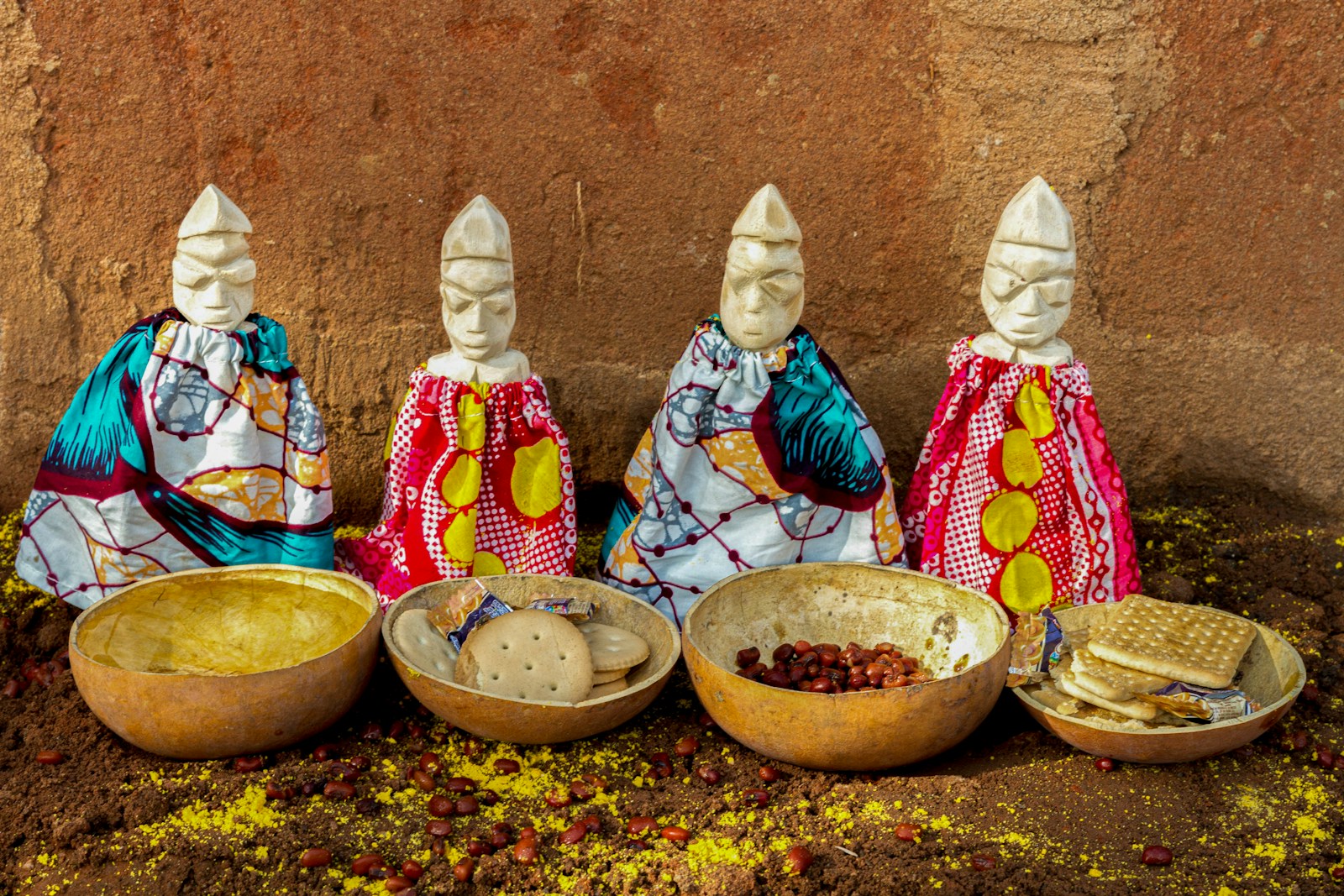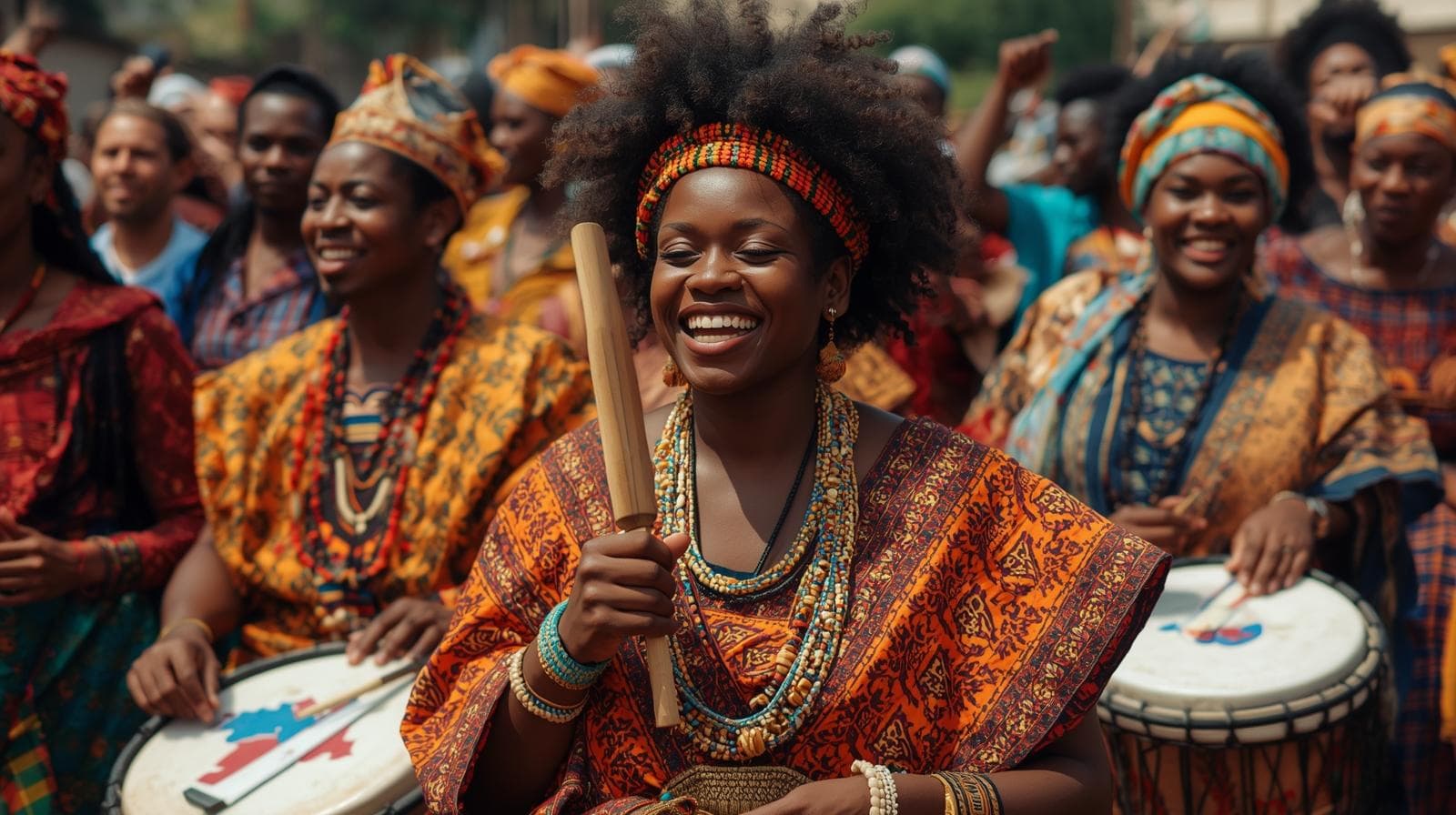African culture: 10 Fascinating Insights Into Modern Life
African culture is a vibrant tapestry of traditions, social practices, and artistic expressions. Across the continent, communities maintain unique identities while embracing modern influences. This article explores ten fascinating aspects of African culture that define contemporary social life.
1. The Role of Community in Daily Life
Community is central in many African societies. Families extend beyond the nuclear unit, including grandparents, cousins, and neighbors. This inter connectedness provides support in education, health, and social events, preserving strong social bonds across generations.
2. Music and Dance as Cultural Expression
Music and dance are integral to social life in Africa, serving as mediums for storytelling, celebration, and spiritual connection. From traditional drumming ceremonies to contemporary Afrobeat, rhythms unite communities and allow individuals to express identity, emotion, and collective memory.
3. Traditional Clothing and Symbolism
Attire in African traditions reflects history, status, and artistic creativity. Patterns, colors, and fabrics convey cultural messages, while modern adaptations blend traditional designs with contemporary fashion. Clothing is more than style; it is a visual narrative of heritage and pride.
4. Cuisine and Culinary Traditions
Food is a central part of African heritage, reflecting centuries of cultural evolution and regional diversity. In West Africa, spicy stews, jollof rice, and rich soups are staples that carry stories of local ingredients, history, and communal gatherings. In East Africa, dishes like ugali, samosas, and coconut-based curries highlight the blend of indigenous and imported culinary influences. Southern African cuisine, including maize-based porridge, braais (barbecues), and game meats, demonstrates the adaptation to climate, geography, and available resources.
Beyond sustenance, meals serve as social rituals. Communal dining is an opportunity for families and neighbors to bond, celebrate milestones, and pass down culinary knowledge from one generation to the next. Each dish carries symbolic meaning, often associated with celebrations, rites of passage, and cultural identity. Culinary traditions not only nourish the body but also reinforce connections to ancestry and the land.
Modern African cuisine continues to evolve, merging traditional recipes with contemporary techniques and global flavors. Restaurants in urban centers experiment with fusion dishes that honor heritage while appealing to international palates. For more insights into African culinary and social practices, see Study.com’s lesson on Modern African Culture.
5. Religion and Spiritual Practices
Spirituality is deeply intertwined with African societies, shaping personal values, community norms, and cultural expressions. Across the continent, traditional beliefs coexist with major world religions such as Islam and Christianity, creating a rich mosaic of faiths that guide daily life, celebrations, and moral frameworks.
Rituals, prayers, and festivals play a vital role in maintaining cultural continuity. Traditional ceremonies often mark birth, marriage, and death, while also invoking ancestral blessings and reinforcing communal bonds. Religious festivals, whether Islamic Eid celebrations, Christian Christmas and Easter observances, or indigenous harvest rituals, foster social cohesion and provide spaces for artistic expression through music, dance, and costume.
Modern African societies continue to integrate spiritual practices into everyday life. Churches, mosques, and traditional shrines coexist alongside schools, businesses, and media, influencing social behavior and ethical values. Spirituality is not only a personal journey but a communal anchor, connecting individuals to heritage, history, and a shared sense of identity.
6. Language and Oral Traditions
Language is vital for passing down knowledge and culture. Thousands of languages across Africa carry oral traditions, folktales, and proverbs that connect past generations with the present, ensuring that cultural narratives endure.
7. Art and Craftsmanship
Art is a key expression of African culture. Sculptures, masks, pottery, and beadwork showcase creativity and heritage. Contemporary artists combine traditional techniques with modern approaches, creating works that appeal globally while honoring local history.
8. Festivals and Celebrations
Festivals celebrate harvests, rites of passage, and religious events. Music, dance, and communal feasts transform these celebrations into memorable experiences, reinforcing community ties and cultural identity.
9. Modern Influences on African Culture
Modern African societies embrace technology, urbanization, and globalization. Social media, fashion, and contemporary music influence youth culture. Despite these shifts, traditions continue to thrive, demonstrating adaptability and resilience.
10. Education and Cultural Preservation
Education helps preserve African culture. Schools incorporate history, language, and arts to maintain cultural knowledge. Community workshops and cultural centers engage younger generations in understanding and valuing their heritage. Explore our African Cultural Heritage guide for more.
Conclusion
African culture is a dynamic blend of tradition and modern life. From music and dance to art, cuisine, and social practices, the continent’s heritage shapes everyday life profoundly. Understanding these ten aspects allows appreciation of the depth, diversity, and resilience of African societies.




